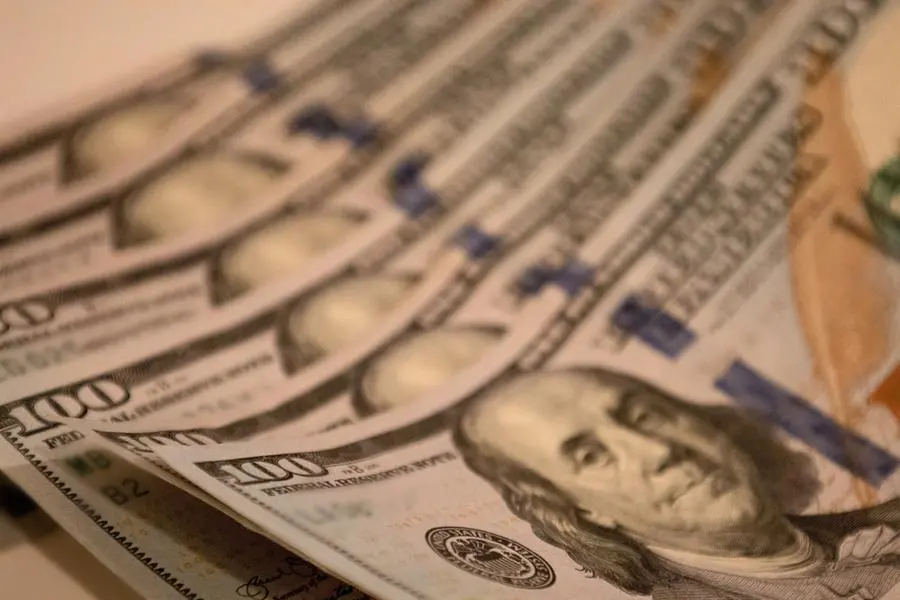PHOTO
/uae - On Tuesday, the first consignment of jewellery that India sent to the UAE under the Comprehensive Economic Partnership (CEPA) was received by heads of private sector gold businesses.
The first shipment of three packages contained approximately USD one million worth of precious gems and jewellery, confirmed Indian ambassador to the UAE Sanjay Sudhir.
The consignment was flagged by the commerce secretary BVR Subrahmanyam from New Delhi at zero-duty. Prior to CEPA coming into force, traders had to pay a five per cent duty on imports. However, under the new agreement, the first customers to import duty-free goods saved about $50,000 in duties.
The Indian envoy and UAE officials handed over the precious goods during a special ceremony organised at the Transguard Headquarters at the Dubai Airport Freezone on Tuesday, May 3.
The exchange was made in the presence of senior UAE officials from the Ministry of Economy, Dubai Customs and heads of gold and jewellery businesses.
Sudhir said, “The day CEPA entered into force, we had consignments coming in from India to the UAE and vice versa. One shipment arrived from India, and another departed from UAE to India. Both consignments were connected to the same sector, which is gems and jewellery.”
Meanwhile, Juma Al Kait said, “One shipment of gold bullion has been exported from UAE to India. The shipment has already arrived in New Delhi. The UAE sent it to India under the CEPA preferential agreement, also under the precious gold and jewellery sector.”
Both senior officials said the gold and jewellery sector is the biggest area of trade between both countries.
CEPA will initially give zero duty access to 90 per cent of Indian products and 65 per cent of products from UAE. Over the ten years, 97 per cent of Indian products will get zero-duty access to the UAE market, and 90 per cent of UAE products will have duty free access to the Indian market.
Al Kait also said investors and traders would continue to have the option to trade under normal circumstances. “We are giving more options to the private sector to reduce obstacles when it comes to trading as businesses that would like to trade under the CEPA agreement need to meet certain criteria set by the governments,” he added
Will CEPA curb gold smuggling between India and UAE?
Both senior officials said the gold and jewellery sector constitutes a major area of bilateral trade between both nations. India imported about $14 billion worth of gold and unpolished gems and exported about $5 billion worth of jewellery in 2019.
The officials also hope CEPA would eventually help curb illicit trade within the sector as well.
Al Kait explained, “Gold and jewellery constitute a big part of our bilateral trade and we are committing ourselves as a country to respect all international rules when it comes to the delivery process.” Al Kait said the UAE announced a Gold Delivery Standard some months ago which would protect traders and clean markets from unwanted trade. According to recent media reports, the Gold Delivery Standard is a publicly-accessible system for monitoring the import and export of gold.
The agreement is expected to boost non-oil trade between India and UAE to $100billion in five years from its current $60 billion.
The greatest benefits of CEPA are – enhanced market access, clear and transparent rules to trade, lower or eliminate tariffs, simpler customs procedures, and rules-based competition. The agreement also offers businesses and investors government procurement opportunities and greater information and guidance for small and medium enterprises (SMEs).
Copyright © 2022 Khaleej Times. All Rights Reserved. Provided by SyndiGate Media Inc. (Syndigate.info).




















